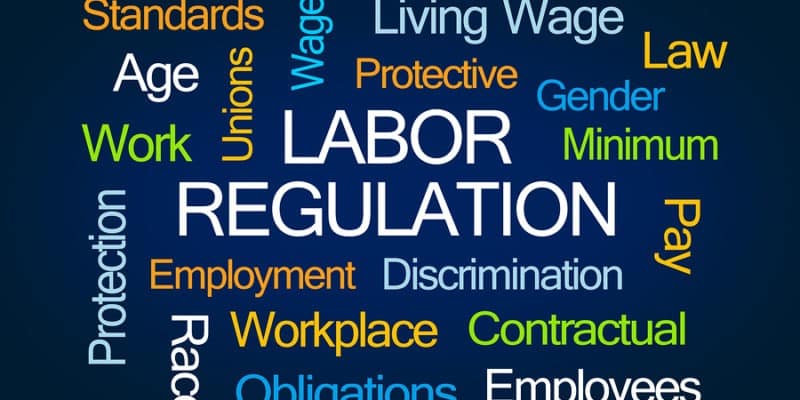JD Supra | Oct. 6, 2022
On October 5, 2022, the U.S. Internal Revenue Service (IRS) issued six notices requesting comments on various aspects of extensions and enhancements of energy tax benefits in the Inflation Reduction Act. Here is list of, and links to, the notices.
- Notice 2022-46 requests comments on credits for clean vehicles.
- Notice 2022-47 requests comments on energy security tax credits for manufacturing.
- Notice 2022-48 requests comments on incentive provisions for improving the energy efficiency of residential and commercial buildings.
- Notice 2022-49 requests for comments on certain energy generation incentives.
- Notice 2022-50 requests comments on elective payment of applicable credits and transfer of certain credits.
- Notice 2022-51 requests comments on prevailing wage, apprenticeship, domestic content, and energy communities requirements.










